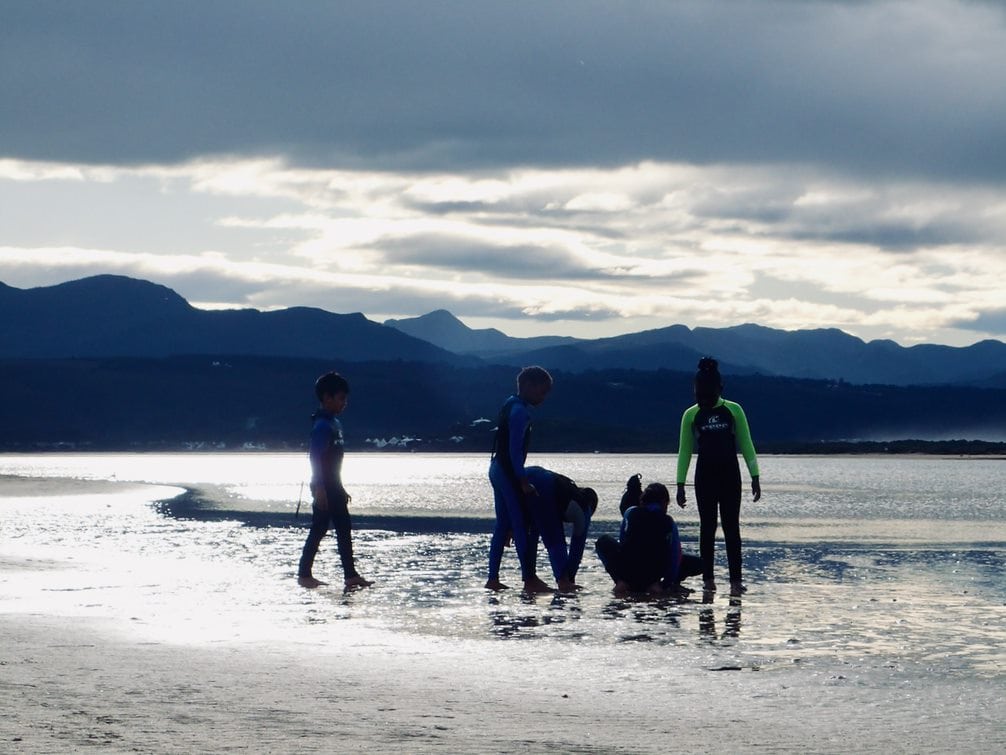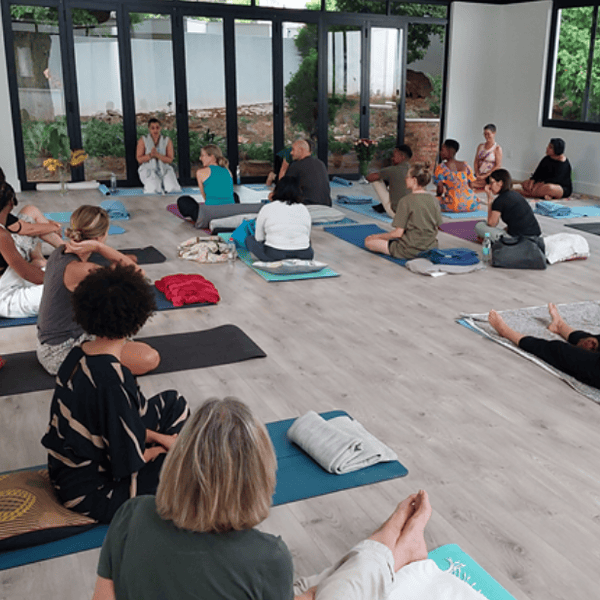Harmony Highlights: Who will inherit the earth, and what will they do with it?
By Teacher Tash Wilbert
In June, we celebrate two significant days in the educational calendar: World Children’s Day on June 1st and Youth Day in South Africa on June 16th. These dates remind us of the critical role education plays in shaping a sustainable future. The Harmony curriculum, tailored to each school’s unique context, offers an innovative and engaging approach to learning: placing sustainability and the local ecology at the heart of education.
It’s time for action & empowerment: Injecting Sustainability into our education practices.
At a time when it is essential to rethink our relationship with the world, The Harmony Project provides a comprehensive framework that guides students from Grade 2 to Year 6 through six key sustainability themes: Energy & Climate Change, Biodiversity, Food & Farming, Cycles & Waste, Health & Wellbeing, and Adaptation for the Future.
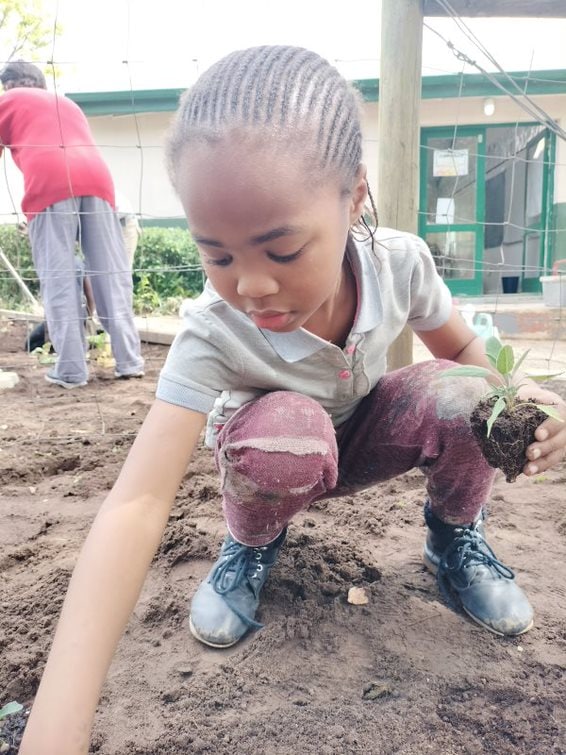
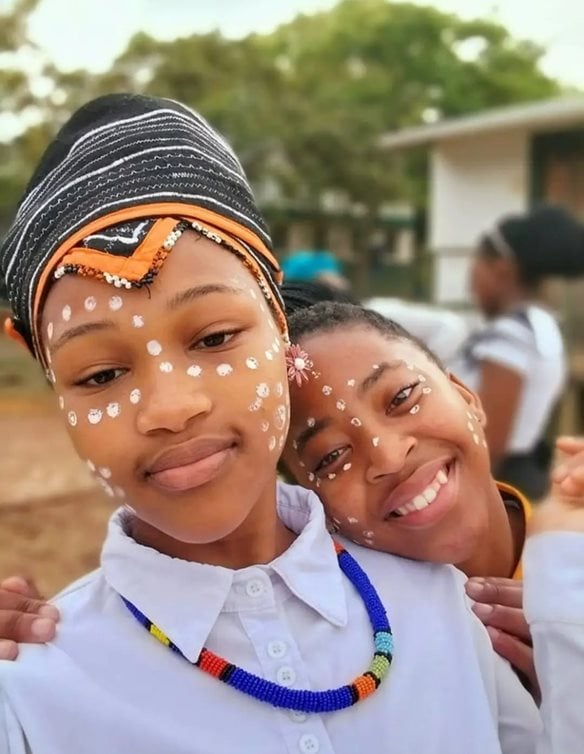
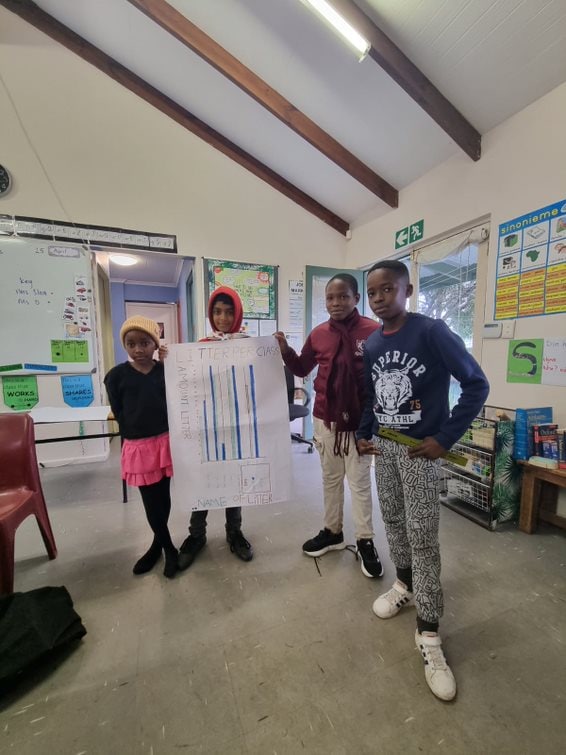
The national curriculum, CAPS, must be commended for containing sustainability themes and our aim is to make sure these are not just getting taught in theory but put into practice. This term, The Harmony Project at Bahia Formosa School in Plettenberg Bay has centered on envisioning the world we want future generations to inherit. Our integrated curriculum empowers students through place-based, partnered, and project-based learning, fostering a strong connection to their local environment.
In anticipation of the Plett Ocean Festival, some grades have engaged in ocean-themed sustainability projects. For instance, Grade 2 students studied lagoon animals, while Grade 6 delved into Fair Trade concepts in South Africa. Grade 3 focused on how recycling can save ocean mammals, and Grade 5 measured and graphed their teachers’ recycling efforts, linking this to their term overview on human environmental impact. Grade 4 students created mobiles from repurposed materials, illustrating natural cycles.
These projects answer the age-old student question, “What are we learning this for?” by demonstrating the practical skills needed to build and understand a better world.
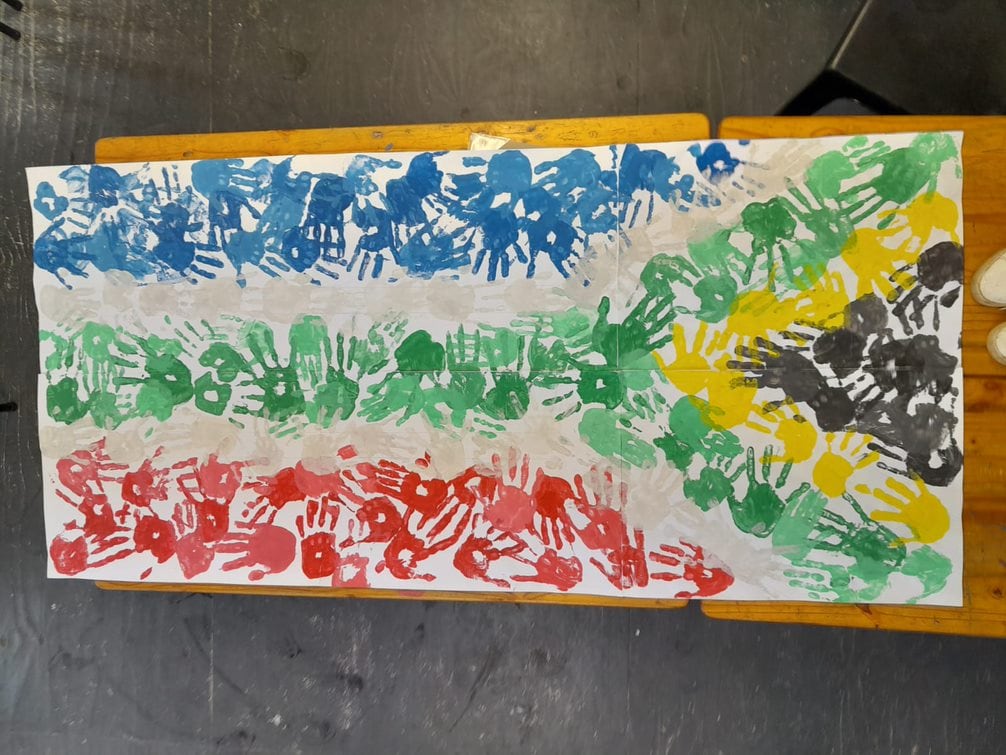
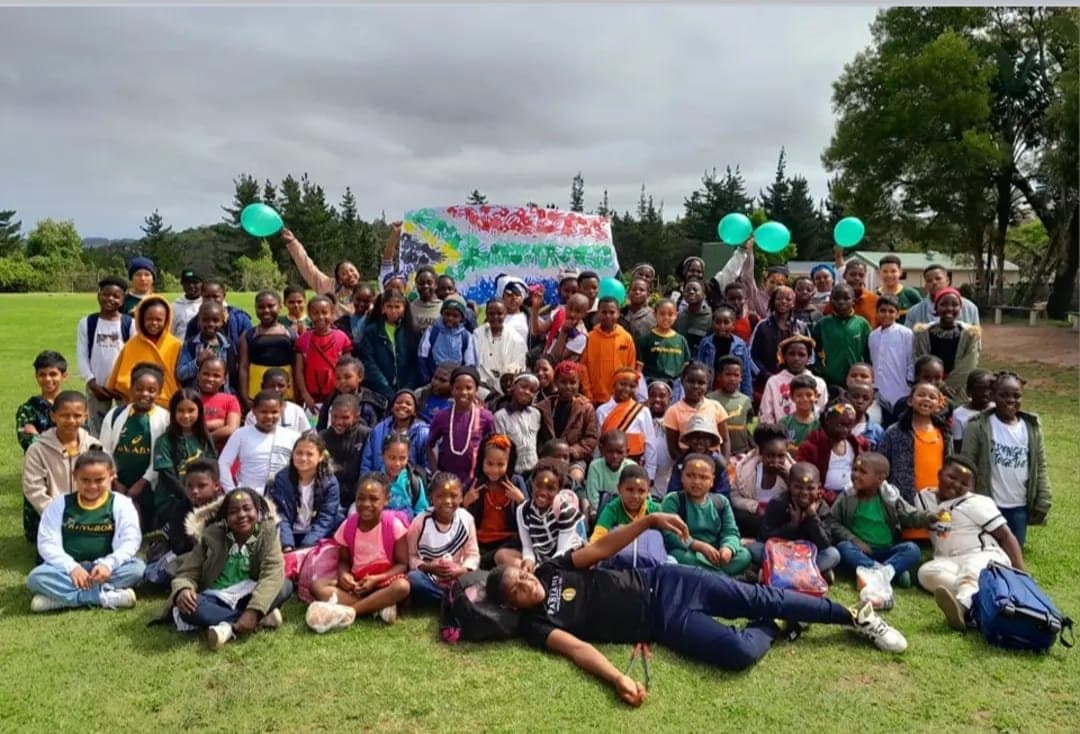
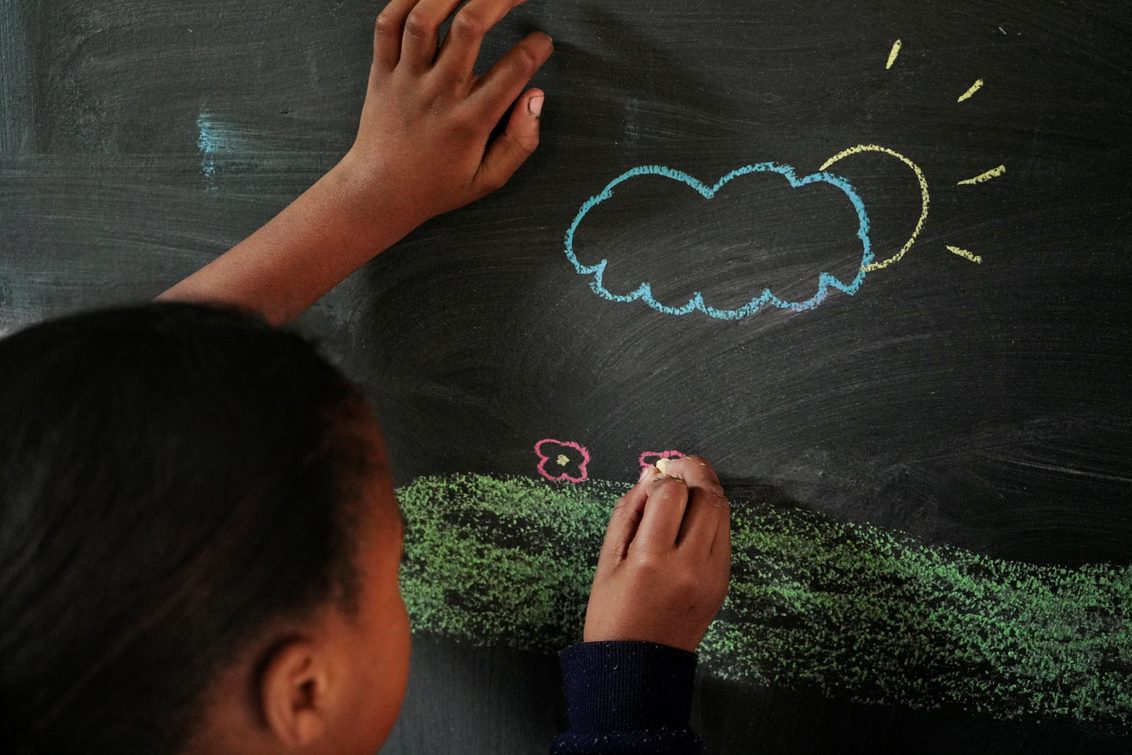
As we celebrate World Children’s Day on June 1st, let’s consider how we can help our children thrive. By embedding sustainability into our teaching and learning, we equip the next generation with the knowledge and skills to live harmoniously and to take pride and ownership in caring for the world around them.
Kwendalo is the home of The Harmony Project in South Africa.
